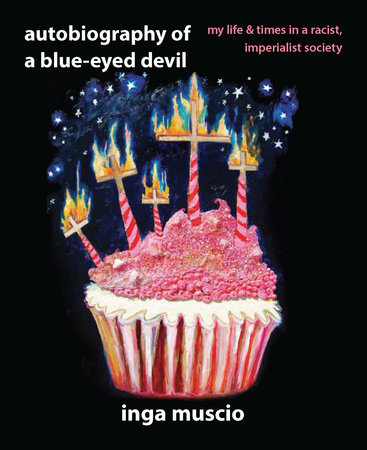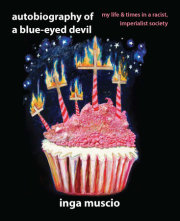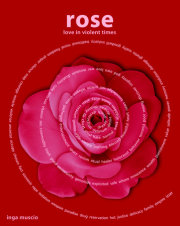PART I: ROOTS Introduction Since I was a child, I’ve experienced history as a study in disconnectedness. I was blessed with parents who had actual history books in the house, so I was never reliant on the pap that’s passed off as history in schools.
Still, though, it took me a long time to understand that U.S. history, alone, is at least eighteen mall-sized libraries crammed tight with books, films, music, zines, art, and microfiche up the ass. In my country, though, history is presented as one big book, and everyone is expected to read this book, memorize the facts, know them, love them, and
move the fuck on. Similar to some of the reactions I saw to “Acrimony of Cunts,” this take on U.S. history fogs out everything that people living under the constructed perspective of learned white supremacist racism do not wish to see.
In the genuine, authentic, normal history of the U.S., indigenous people are not slaughtered, raped, and forcibly displaced. They’re just “removed.” Slavery was a few bad apples in the back-ass South, and that has all been cleared up. Ditto the internment of Japanese Americans during World War II, and every other atrocity that has somehow managed to seep into the U.S.’s mainstream collective consciousness.
Meanwhile, all white men are heroes and brave and noble and so are some white women and no on Nat Turner, but yes on Harriet Tubman.
So yeah.
One starts to wonder why
exactly it just so happens
that almost every U.S. street, building, and landmark that isn’t named after Rosa Parks, Pocahontas, César Chávez, or Martin Luther King Jr. is named after a white person.
Is it some kind of bizarre coincidence that superficially portrayed good and noble white people are almost exclusively the gods and heroes of U.S. history?
Copyright © 2014 by Inga Muscio. All rights reserved. No part of this excerpt may be reproduced or reprinted without permission in writing from the publisher.











